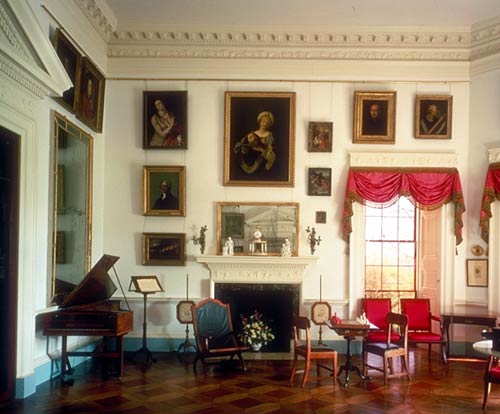The Texas Board of Catechism
Unfortunately, the Texas Board of Education has become the Texas Board of Catechism. Authoritarian Christian conservatives now dominate that Board, and they have succeeded in their demands that Texas schoolbooks reflect their worldview. Bizarrely, this will reportedly mean that the U.S. government will no longer be described as “democratic.” Even worse, American students in Texas, and possibly in other states, will no longer be taught about Thomas Jefferson. Instead they will be taught about John Calvin!
It is true that, as a political philosopher, Thomas Jefferson was not as original as Rousseau, Locke, Mill, or Montesquieu. But he was able to blend their ideas together into a political philosophy that has served us for over 200 years and inspired us with its call for democracy, liberty and equality. It may be that the Texas Board of Education dislikes the fact that he regarded Jesus as “a great Reformer of the Hebrew code of religion,” rather than a part of God. Or perhaps they dislike the fact that he believed the First Amendment to the U.S. Constitution built “a wall of separation between church and state.”
What we do know is that their preferred historical figure, John Calvin, was a Christian theologian. Among other things, he believed that people are inherently unequal: that God has preselected some people, the “Elect,”to be saved from eternal damnation, regardless of their sinfulness or any other characteristic. They are predestined to receive God’s mercy and eternal life. Everyone else is a “Reprobate,” regardless of their actions or beliefs, and they will receive God’s justice, i.e., eternal death and damnation. Calvin did play a role in the politics of Geneva, Switzerland, because there was a period of time during which the city was practically a theocracy and Calvin was its religious leader.
In that role, Calvin participated in the city’s punishment and execution of "blasphemers” and “heretics.” The most famous case was that of “Michael Servetus,” a Spanish theologian who outraged Calvin by proclaiming [among other things] that God was a singular entity, not a “trinity.” Calvin swore that, if Servetus ever entered Geneva, he would not leave it alive. And that is what happened. Servetus fled France to escape the Catholic Inquisition, and for some reason he went to Geneva, where he was promptly arrested for heresy. Calvin prepared the charges against Servetus, prosecuted the case against Servetus, and asked that Servetus be executed. Servetus was burned at the stake.
So, who do you believe had a greater impact upon the political philosophy and history of the United States of America: the man who drafted the Declaration of Independence and served as our President; or the French theologian who believed that all men are not created equal, and that religious heretics should be executed?
In my opinion, only a board of Christian catechism would pick the latter.
Labels: John Calvin, Separation of church and state, Texas Board of Education, Thomas Jefferson




![Reblog this post [with Zemanta]](http://img.zemanta.com/reblog_e.png?x-id=5c8090a2-889c-4a95-9b44-8e1c1ff5d899)
0 Comments:
Post a Comment
<< Home